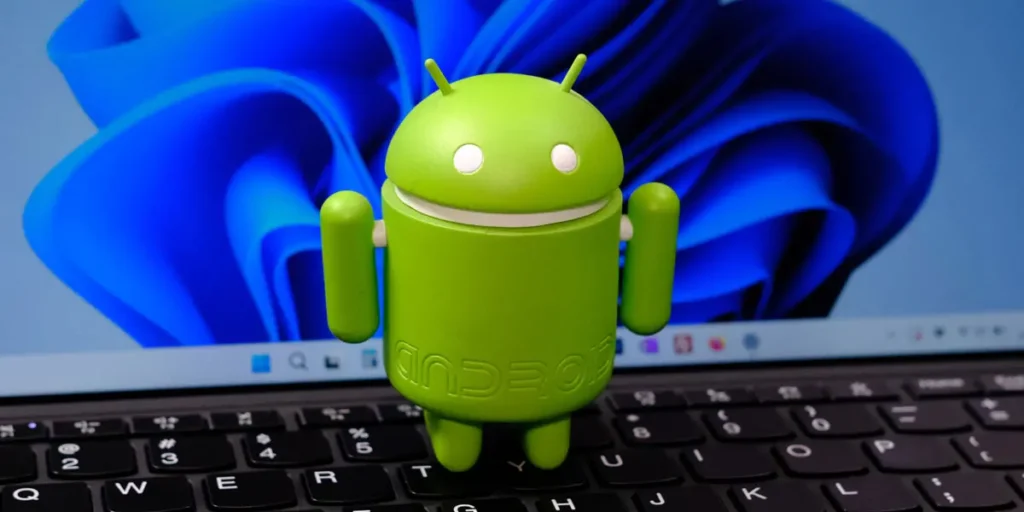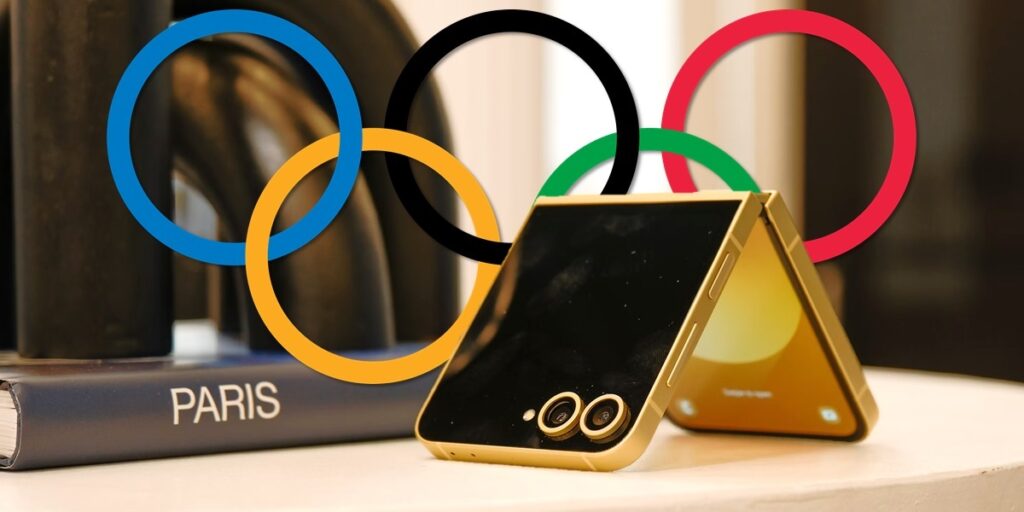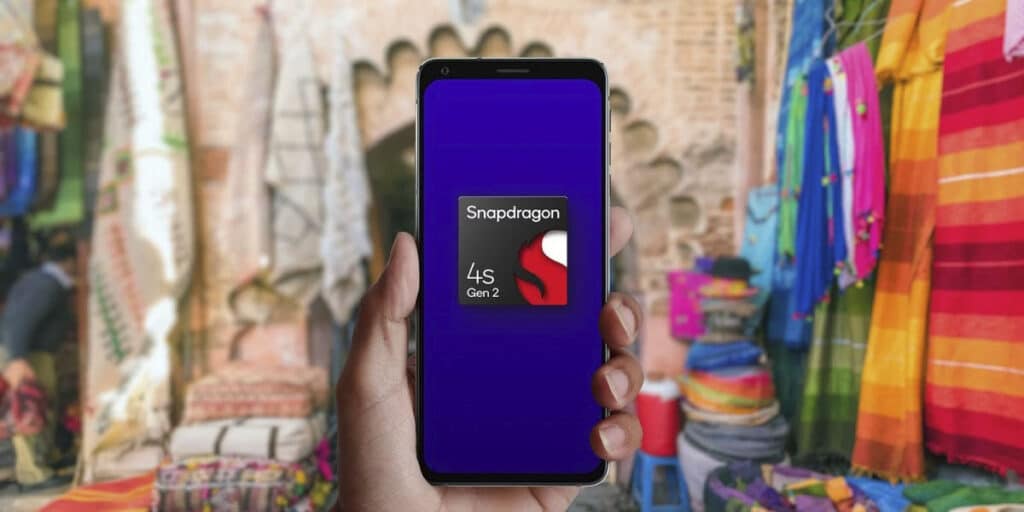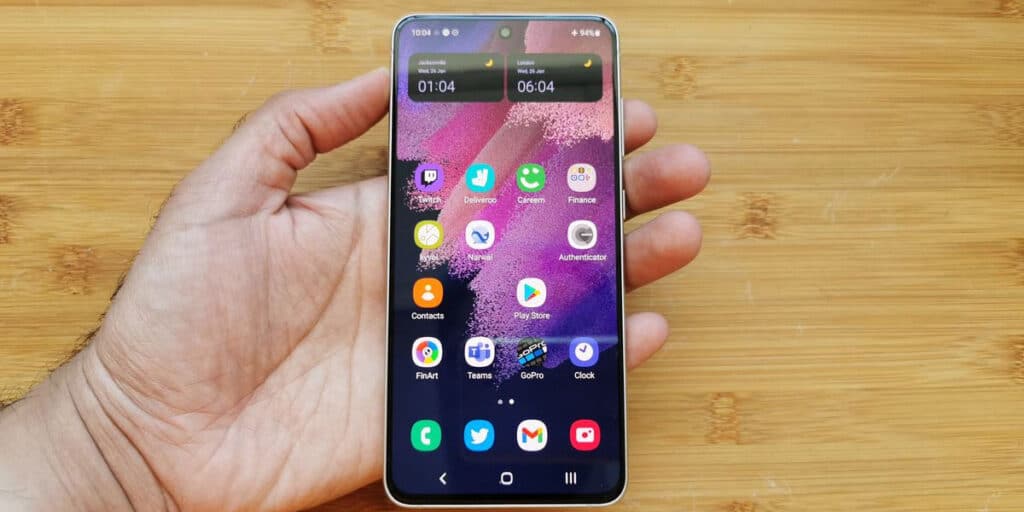
For years the PC operating system industry was dominated by a duopoly: Windows and macOS. Google, with its ChromeOS system, occupied a comfortable but distant third place, rooted primarily in the education sector and low cost laptop.
But things are about to change radically. The rumors have taken shape and we already have a name that marks the beginning of a new era: «Aluminum operating system», Google’s boldest plan to unify its systems and bring Android completely to the desktop.
The history of Android on PC has been full of attempts and approaches, but now the path is clear. Last year it became known that Google wanted to combine its efforts Android as a unified desktop operating system.
The strategy is clear: create products that can compete on equal terms with the iPad and, above all, use its development resources more efficiently. The official confirmation arrived at the Snapdragon Summit in September, where Google announced its collaboration with Qualcomm converge mobile and desktop computing onto a single platform, driven by recent advances in artificial intelligence.
What is the Aluminum operating system?
A recent one Google job advert revealed that this is the code name of the new Android-based operating system. The name, which follows in the wake of “Chromium”, is no coincidence.
The British spelling “Aluminium”, highlighting the prefix “Al”, is a nod to the fact that Android will be the foundation of the entire project. The most exciting thing is that it is described as a system”built with artificial intelligence at its core”, which promises deep integration with Gemini, to offer a completely new user experience on the PC.

One of the most persistent doubts was whether this new Android for PC would remain in the low-end segment. The answer, according to the leak, is a resounding no. The job advertisement describes a device segmentation which includes categories such as “AL Mass Premium” and “AL Premium”.
This confirms Google’s ambition to do so compete in the most important championshipswith laptops and desktops capable of rivaling Microsoft’s MacBook Pro and Surface. Furthermore, the roadmap is not limited to laptops; also includes detachable devices, tablets and boxessmall desktop computers similar to a Mac Mini.
The fate of ChromeOS is retirement
Faced with this revolution it is inevitable to ask: What will happen to ChromeOS? The leaked documents paint a picture of transition. Google will have to carefully manage the transition from ChromeOS to Aluminum so as not to disrupt your business and educational users.
Chances are Existing Chromebooks continue to be supported through the end of their lifewhile the new versions will arrive with Aluminum OS ready to use. The new system is even being tested on compatible hardware, suggesting that some recent models may receive an update, although migrating such a diverse fleet of devices will be a huge technical challenge.
The future of the “ChromeOS” brand is also up in the air. Some internal reports refer to the current version as “ChromeOS Classic”, suggesting that the name may survive, albeit with a completely new heart of Android. Another possibility is that you see the name “Android Desktop” on the market. Whatever the final name, the essence will be the same: the fusion of two worlds.
With a official launch scheduled for 2026and probably based on Android 17, Aluminum OS will be Google’s strongest bet when we talk about PC operating systems. It’s not just about burying ChromeOS, but about create a unified ecosystempowered by artificial intelligence and with all the tools to be a worthy rival of Microsoft and MacOS.
Source | Android Authority




